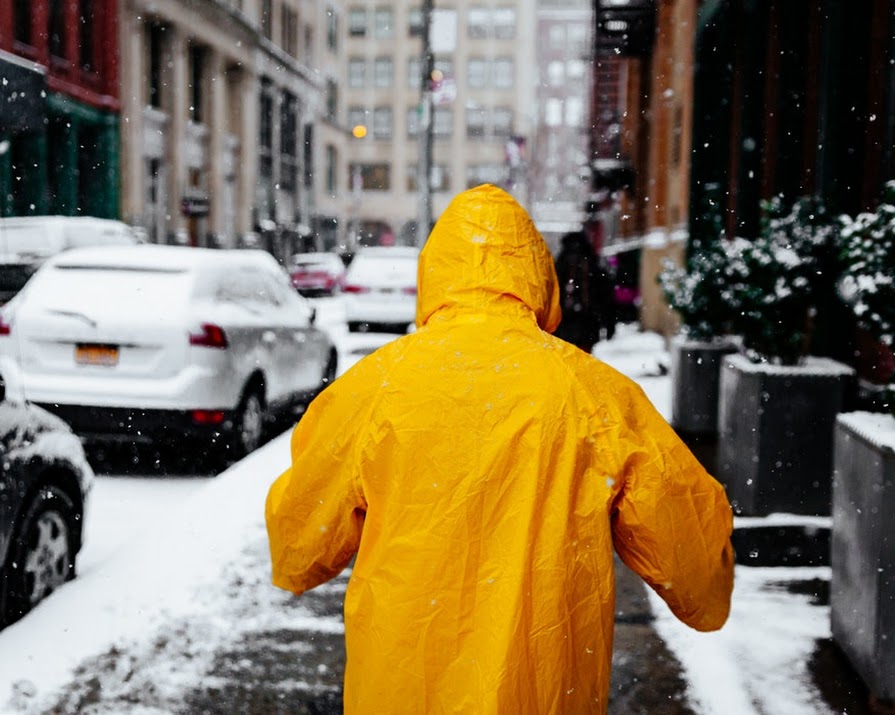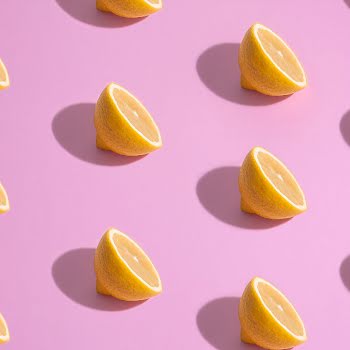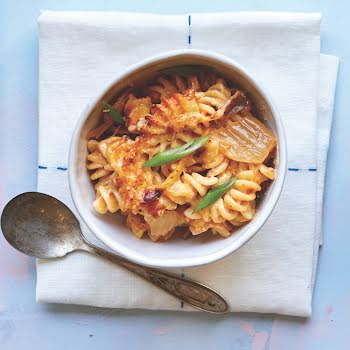
By Erin Lindsay
22nd Dec 2020
22nd Dec 2020
Vitamins, hangovers and just the minimum of exercise — here’s how to get through Christmas without your health falling off a cliff
Surviving the Christmas season, with all its glittering parties (well, quiet sessions with minimal guests this year), late-night movie marathons, and copious amounts of gluttonous food, is tough going for our health. Since we all get the chance to relax at this time of year, it tends to be the time that our bodies let their guard down, and become laden with dreaded colds, flu and, of course, hangovers. The only answer, unfortunately, is to try and make an effort to be a bit healthier around Christmas time.
But don’t panic — this isn’t going to be one of those articles where we encourage avoidance of all junk food and 5k runs every day over the break (shudder). Christmas is about relaxing and enjoying yourself, and by God, it’s going to stay that way. This article, rather, is about the little changes you can make to feel a bit fresher — supplements, vitamins, and methods of unwinding your body, so that not every cell is screaming in January.
Get some sleep
Granted, we do a lot of this already around Christmas time, but we’re not talking about dozing and daytime naps here. Getting proper sleep cycles at night is paramount to both your physical and mental health, so it’s important to make it a priority.
Try to keep your sleep schedule as consistent as possible over the holidays, aiming to go to sleep and wake up at roughly the same times each day. Bin the screens at least an hour before you head up to bed, as the less blue light you’re looking at at night, the better your sleep will be. Unwind with a book or listen to music instead.
If you’re finding it hard to fall asleep at all at night, magnesium has been proven to help quieten and calm your nervous system and help you relax, which makes it easier to drift off. You can take it in supplements, or it can be found in foods like buckwheat, sunflower seeds, fish and leafy green veggies.
Avoid hangovers (as much as possible)
There is nothing worse than spending Christmas morning (or any morning really) smothering with a hangover. The main way to avoid them is, of course, to not drink, but we’re sceptical as to how many of you will listen to that one. If you are on the drink over the Christmas break, try and keep it to sensible levels and take the necessary precautions to minimise hangovers.
When you’re drinking, try to drink water as frequently as you drink alcoholic drinks. Hangovers are mostly caused by dehydration, so keeping your water intake high is a good move. When you’re heading for bed, do yourself a favour and drink some Dioralyte. The solution is normally used for replacing salts and minerals after a vomiting bug, but it has all the good stuff that your body will be craving as it breaks down alcohol. Chug a pint of water with a packet of this stuff, and it’ll make things much easier.
It may be very tempting to head straight for a kebab or a pizza when you’re done drinking, but if you can, try to steer towards healthier options. Takeaway foods are full of unhealthy fats, and your liver has to work hard to break these down. Given that it is already working hard trying to break down the alcohol, going for healthier foods with healthier fats is a much better option.
If you’re still concerned about your liver, a great supplement to take is milk thistle. The herb is a traditional remedy for hangovers, having been found to protect liver cells from damage and to reduce inflammation caused by a night of drinking.
Take your vitamins
It’s cold, it’s wet and flus, colds and another certain virus is dangerously common. It’s time to take your vitamins. A multi-vitamin is always a good option, but if you want specifics, these three will see you right through the season:
- Vitamin D — Since it’s so dark and dreary, we’re not getting much sun exposure at this time of year, which means less vitamin D. And that’s pretty unfortunate, because it’s exactly this vitamin that defends against the likes of respiratory infections like colds, bronchitis and pneumonia. Foods with vitamin D include fatty fish, cheese, egg yolks, and foods fortified with the vitamin like yoghurts and juices.
- Vitamin C — There’s a reason you’re told to douse yourself with vitamin C when you’ve got a cold. C is proven to reduce the length and severity of cold viruses and is essential if you’re struck down over the break. Find it in citrus fruits like oranges and lemons, yellow peppers, broccoli and brussel sprouts (Christmas dinner, anyone?).
- Vitamin B (especially B12) — If you’re finding your mood is quite down this week, you might be in need of some vitamin B12. B vitamins create feel-good neurotransmitters in the brain, which help with feelings of sadness and anxiety, or Seasonal Affective Disorder. These are found almost exclusively in meats, so if you’re a vegetarian/ vegan, opt for supplements instead.
Get some exercise (just a little bit)
We’re not talking heading to the gym first thing on St. Stephen’s Day, but if the weather holds up, doesn’t a crisp winter walk after dinner sound perfect? Exercise and fresh air works wonders to clear the head and get the blood pumping, and you should make sure to not avoid it completely over the break. If the weather is horrendous, some gentle yoga exercises in the warmth of the house will work just as well.
And of course, keep your distance
We’d all love to forget about Covid for Christmas, but to protect your loved ones, it’s more important than ever to keep safety measures in mind. Here are some of the things you should keep in mind:
- Wash your hands as much as possible – before and after leaving the house, before and after handling food, and after every cough or sneeze
- Wear a mask – in enclosed indoor spaces, crowded outdoor areas and around over 70’s or those with underlying conditions
- Limit your contacts – this Christmas, the government is advising keeping your contacts to within two other households. Stay within these bubbles.
Read more: All I want for Christmas is… a heart machine for these tiny NICU babies
Read more: Helen Kelly, board director of Barnardos: “The challenge isn’t just to help; it’s to encourage others to help too”
Read more: 5 simple ways to help reduce your sugar cravings























